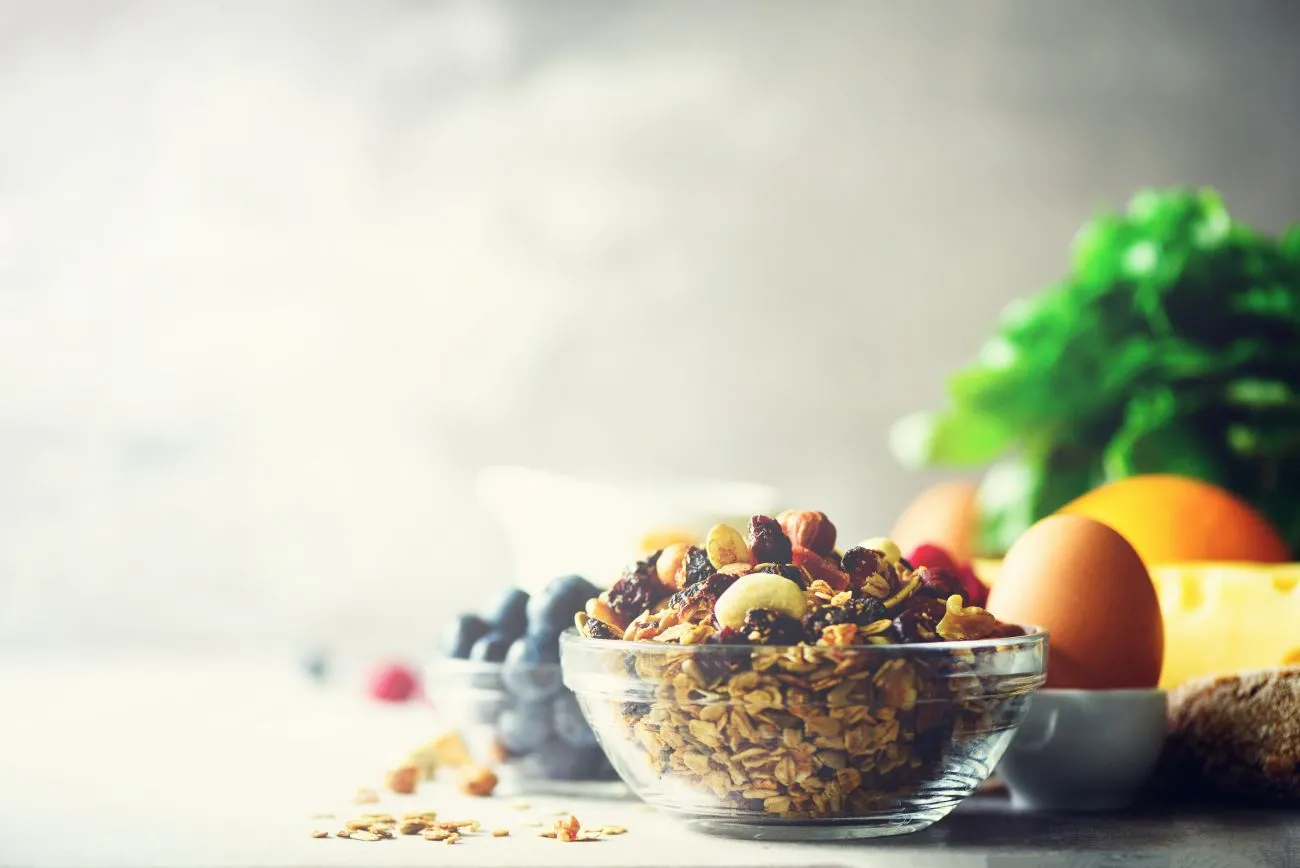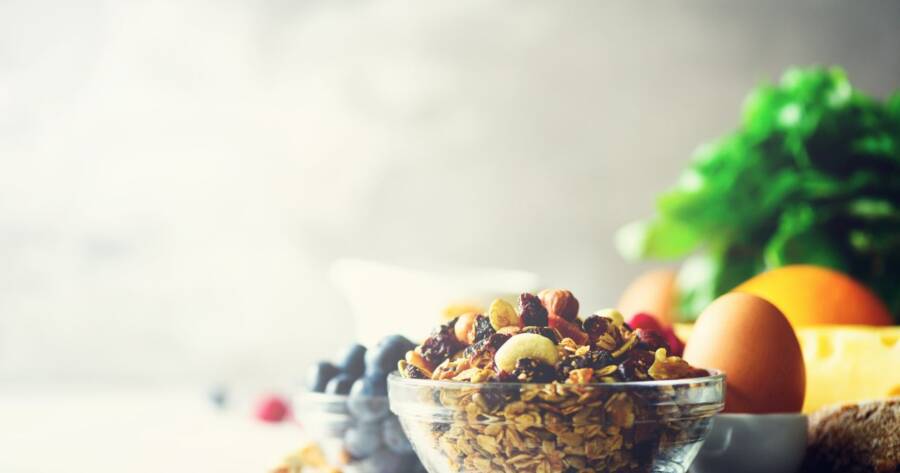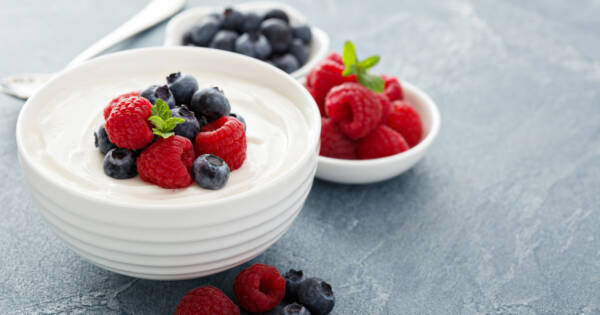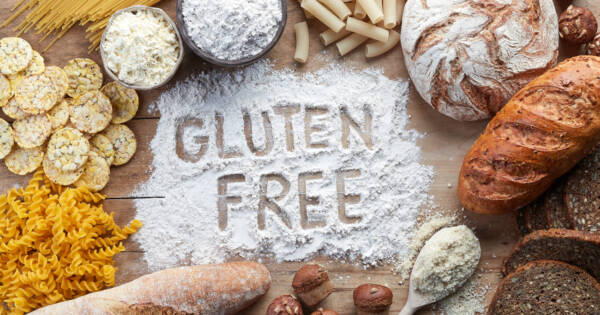COPD is a serious lung disease that makes it difficult to breathe freely. While there is currently no cure for COPD, you can gain control over it by making the necessary lifestyle changes.
The foods you eat have a big impact on your ability to overcome the symptoms. As such, here are a few important nutrition tips for people with COPD.
What to Avoid
Fried Foods
Fried foods aren’t a good choice for any individual, regardless of their overall health. But if you’re living with COPD, fried foods can be an especially bad food to eat. Any foods that are fried, deep fried, or very greasy can lead to problems like gas and indigestion.
Additionally, eating foods that are hard to digest can make you physically uncomfortable. Because fried foods are tough on the body, they can even negatively affect your breathing. It’s best to avoid fried food as much as possible.
Food High in Salt
Salty foods are especially bad for COPD sufferers. While it’s true that salt is an essential mineral, we don’t need lots of it in our diet. Excess salt can cause water retention, which ultimately places more pressure on your diaphragm. Therefore, your lungs will have a harder time expanding to inhale oxygen.
To prevent consuming too much sodium, it’s a good idea to start cooking most of your meals at home. Most restaurants tend to use too much salt. When preparing your food, opt to use herbs and spices to add flavor.
While grocery shopping at the supermarket, develop a habit of reading the nutrition labels. Specifically, look for foods that are low in sodium.
Processed Meats
If you’ve been diagnosed with COPD, be sure to keep the consumption of processed meats to a minimum. They are typically made with preservatives called nitrates, which can damage lung tissue over time. Furthermore, these meats tend to be loaded with salt.
Some examples of meats to avoid include:
- Ham;
- Bacon;
- Hot dogs, and;
- Sausage.
Certain Fruits
The overwhelming majority of fruits are very nutritious. Unfortunately, certain fruits can worsen the symptoms of COPD.
Some fruit, like apples, peaches, and apricots, contains fermentable carbohydrates that can lead to bloating. Berries and pineapples are safer alternatives.
Some Veggies
Cruciferous vegetables, such as broccoli and cauliflower, contain a lot of fiber. While fiber is generally good for you, it can cause bloating. The extra gas makes it harder to breathe for people with chronic lung diseases.
If you still desire the nutritional benefits of cruciferous vegetables, limit yourself to only small servings.
Dairy Products
Foods made with milk are known for increasing mucus and phlegm production. If you start to cough after consuming dairy products, this indicates your body is trying to remove the mucus. Along with the coughing usually comes a bit of discomfort.
Soymilk and almond milk are good substitutes.
Caffeinated Foods and Beverages
People who have COPD should think twice before consuming caffeine. Coffee and chocolate are on the list of things that can exacerbate your symptoms.
What to Eat
Plenty of Water
As a person dealing with COPD, it’s critical for you to stay properly hydrated at all times.
Try to drink fresh water throughout the day. This will help thin out your phlegm, thus making it easier to cough out.
Foods High in Potassium
COPD sufferers are encouraged to consume a potassium-rich diet. This essential nutrient has a serious impact on lung functioning and helps balance out your salt intake.
Some great sources of potassium include:
- Sweet potatoes;
- Spinach;
- Oranges, and;
- Tomatoes.
Foods High in Coenzyme Q10
According to studies, people with COPD often have low levels of coenzyme Q10. Although the body naturally produces coenzyme Q10, it can gradually become depleted. This is especially true for folks who are not properly managing their COPD symptoms.
Foods that contain coenzyme Q10 include tuna, peanuts, and salmon.
Lean Protein
Keeping your body strong will help you to conquer COPD. To prevent muscle loss, be sure to eat enough lean protein. While it’s recommended to get at least 56 grams of protein per day, active people may need even more.
Chicken, eggs, and fish are all healthy sources of lean protein.
Maintain a Healthy Weight
Overweight
Research shows about 65 percent of COPD patients are overweight. To no surprise, this extra mass compounds their breathing difficulties.
Eating right will help you to shed pounds. Try to put more fresh fruits and vegetables in your diet. Meanwhile, eat less pasta and bread. Plus, drastically lower your consumption of unhealthy snacks, including cakes and soda.
Underweight
Being underweight is also problematic for COPD sufferers. Because COPD causes you to burn more calories when breathing, some people become too thin.
To get your weight up, make it a priority to eat a good breakfast every morning. You’ll be far less likely to run out of energy later in the day. A simple bowl of oatmeal and fruit can make a big difference.
Healthy fats are great for maintaining weight. For starters, try roasting your vegetables in olive oil. Other healthy fats include:
- Whole eggs;
- Avocado;
- Nuts, and;
- Fatty fish.
Understandably, some people with COPD have trouble eating an entire meal. A nutritional shake or smoothie may prove to be more enjoyable. Some recipes are especially great for COPD patients.
How to Handle Meals
Instead of trying to eat three big meals a day, consume five smaller meals. Remember, breakfast is especially important.
If you happen to feel a bit exhausted, rest prior to eating. This ensures that you have the energy it takes to actually eat.
Although staying hydrated is critical, you don’t want to fill your belly with liquids before eating. Wait at least an hour after your meal to drink.
Final Thoughts
While COPD is serious, it doesn’t have to take the joy out of your life. Adjusting your diet can certainly help your breathing. Focus on making gradual changes each day.
With so much research being done, scientists are steadily making strides in the fight against COPD.
 j.chizhe / Shutterstock
j.chizhe / Shutterstock


